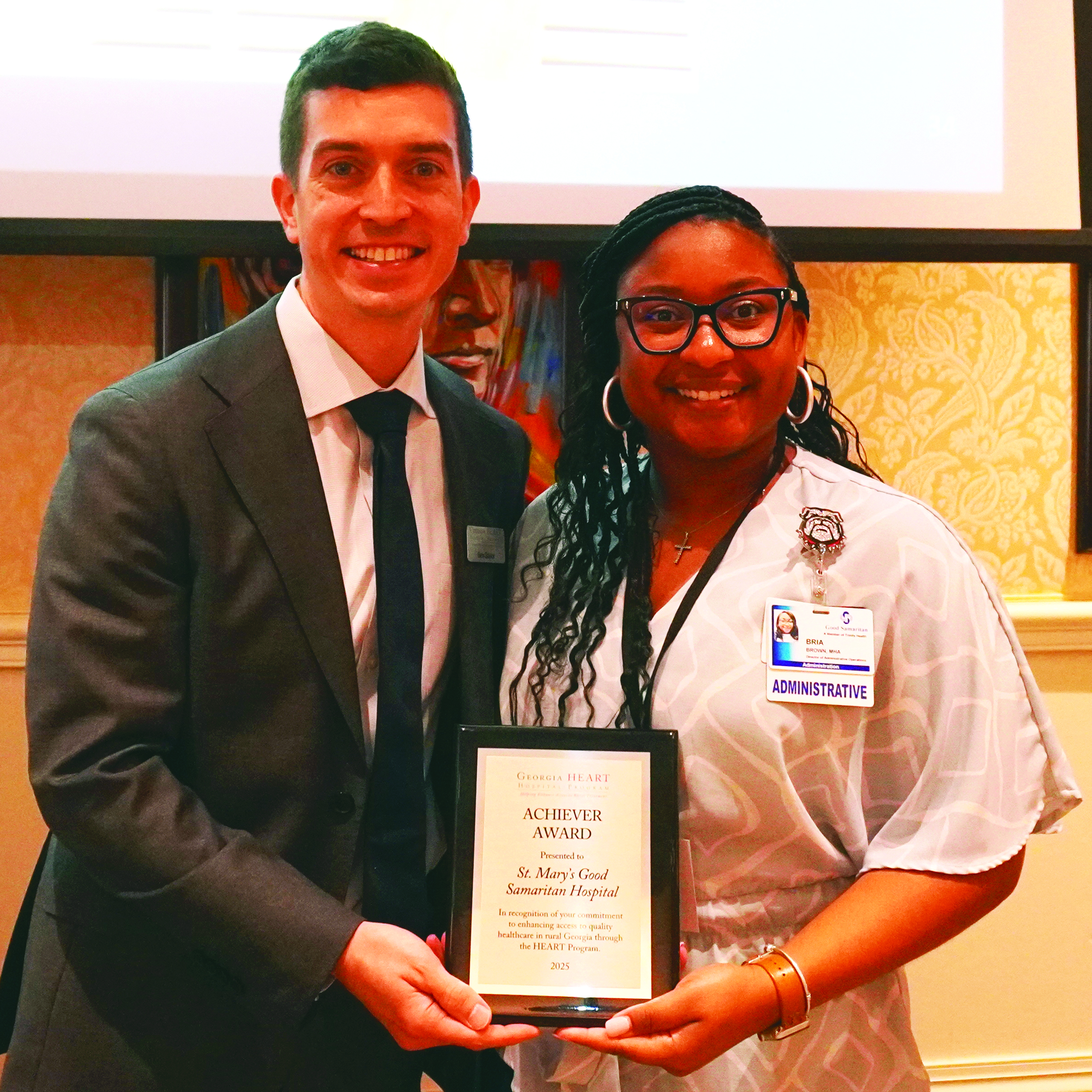How to effectively treat ADD without medication
Published 7:13 am Thursday, August 22, 2013
A new school year is underway. As classes resume, children and parents are adjusting to new schedules and demands, including getting up early, completing homework and participation in a myriad of after-school activities. While this new schedule can be challenging for nearly anyone, if you have a child suffering from Attention Deficit Disorder (ADD) or Attention Deficit Hyperactivity Disorder (ADHD), the challenges you face can be even greater.
The Center for Disease Control (CDC), citing data from the 2010 U.S. Census, reports 5 million children between the ages of five and 17 as having either ADD or ADHD. Rates of ADD/ADHD rose at an average of 5.5 percent a year from 2003 to 2007. When journalist Mike Adams spoke at an elementary school he found that 60 percent of the children were currently taking (or had taken) medications to treat ADD/ADHD, two-thirds of the teachers were taking these same medications, as well as over 40 percent of the parents. While shocking, these rising statistics are becoming commonplace in America. What’s interesting, however, is the fact that other countries are not seeing the same rise in ADD/ADHD statistics. Why?
In America, traditional psychiatry views ADHD as a disorder with a biological cause. This means there is a checklist of symptoms and behaviors that classify a person as having ADD/ADHD, such as:
- Difficulty staying focused/paying attention
- Easily distracted
- Overlooking details
- Forgetful
- Daydreaming
- Easily confused
- Difficulty processing information as quickly and accurately as others
- Fidgeting/trouble sitting still
- Non-stop talking
- Frequently interrupts
- Impatient
Typically, the first course of treatment is a psycho-stimulant medication, such as Adderall, which can come with a frightening list of side effects. Sometimes only medication is used or medication may be combined with behavior modification therapy. According to Dr. Daniel Amen, a double board-certified leading child psychiatrist who is well known for his research on the brain, this standard approach to treating ADD/ADHD has a very low success rate. He states that in the United States social circumstances, emotional traumas, food sensitivities and dietary factors are often ignored while medication is the preferred treatment. Dr. Amen points out the U.S. is the number one prescriber of stimulant medications, representing 80-85 percent of the world’s consumption!
Other countries, such as France, opt for a more holistic approach. French doctors look for and treat the cause of the behavior problems by considering past emotional traumas as well as dietary factors. As a result, studies have shown the French prescribe much less stimulant medication and get far better results.
Dr. Robert Mendelssohn author of “How to Raise a Healthy Child…In Spite of Your Doctor” notes, “No one has ever been able to demonstrate that drugs such as Cylert and Ritalin (Adderall) improve the academic performance of the children who take them…. The pupil is drugged to make life easier for his teacher, not to make it better and more productive for the child.”
As parents, teachers and doctors we should do everything we can to keep children off these medications and, instead offer what their bodies truly need. As the French have discovered, diet plays a huge role in effectively treating ADD/ADHD. The fast food, junk food and processed food that make up most of the American child’s diet is devoid of nutrients, especially minerals, which are necessary to build a healthy brain and strong body.
Another important, and often overlooked factor, contributing to ADD/ADHD is lack of sleep. Studies have found children and teens who don’t get eight-10 hours of sleep each night will exhibit symptoms of ADD/ ADHD.
Taking a natural approach to the treatment of ADD/ADHD can make a positive difference in the life of the child, as well as teachers and parents. If we focus on just three things we can vastly improve the quality of life for our children:
- Eat a diet of “real” food instead of processed food, especially beginning the day with a healthy breakfast
- Get at least 8 hours of sleep
- Regular exercise
If you would like more information on healthy diets or supplements that can help with the natural and effective treatment of ADD/ADHD please email me at pathwaysth@gmail.com and put ADD in the subject line.
Dr. Ramona Warren can be reached at Pathways to Healing, 706-454-2040.




